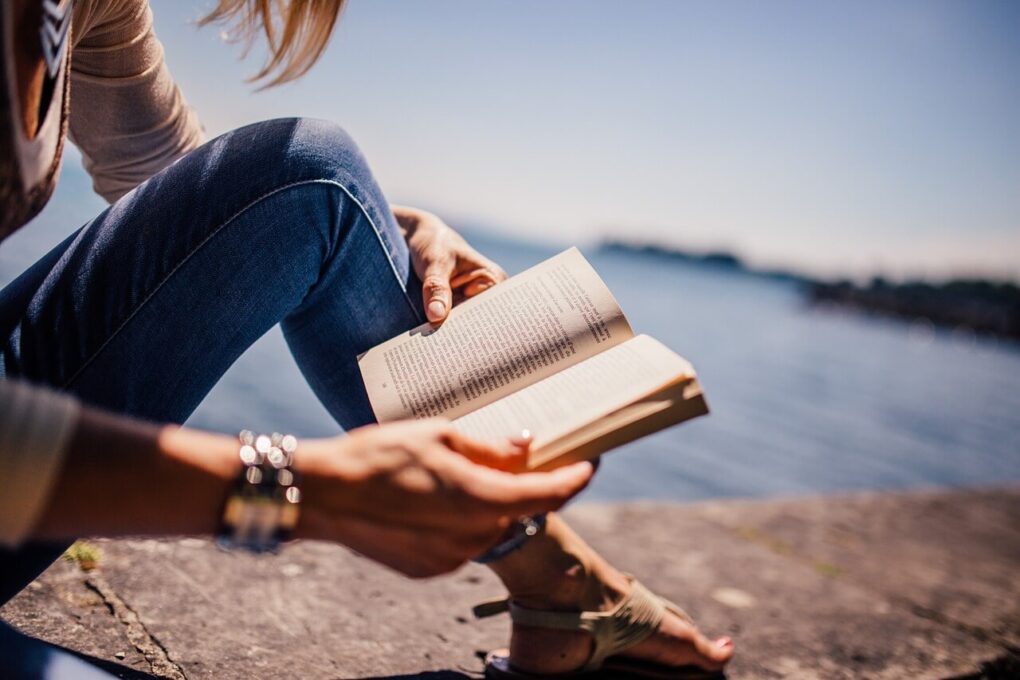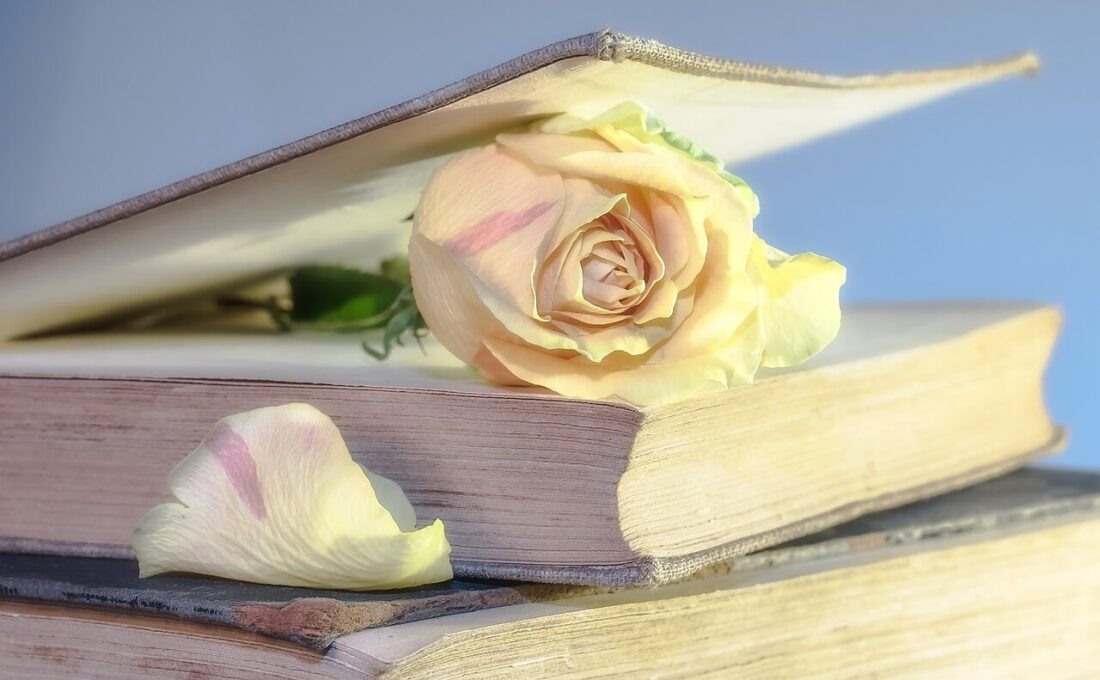Describe a book that you have read many times IELTS CUE CARD
IELTS CUE CARD
Describe a book that you have read many times
You should say:
- When you read it for the first time
- How often you read the book
- What the book is about
- Expain what effect the book had on you
- And explain why you like read it again
Sample Answer-1

Describe a book that you have read many times IELTS CUE CARD
Introduction:
Let me share with you the spiritual journey embedded in the pages of a book that has been a guiding light in my life – the “Bhagavad Gita.” This sacred scripture, a conversation between Lord Krishna and Arjuna, has been a source of profound wisdom and solace since I first delved into its verses during my early teenage years.
When you read it for the first time:
The spiritual odyssey began when I was around 15 years old. The Bhagavad Gita came into my life during a time of introspection, offering insights that transcended the ordinary and resonated with the deeper questions of existence.
How often you read the book:
Since that initial encounter, the Bhagavad Gita has become a daily companion. Its verses are like a timeless melody that I revisit every morning, finding solace and guidance in its teachings.
What the book is about:
The Bhagavad Gita is a sacred Hindu scripture that captures the conversation between Lord Krishna and the warrior Arjuna on the battlefield of Kurukshetra. It delves into profound philosophical discussions about duty, righteousness, and the path to spiritual realization.
Explain what effect the book had on you:
The impact of the Bhagavad Gita on my life has been transformative. Its teachings have provided clarity during times of confusion, instilled a sense of purpose, and guided me in navigating the complexities of life with equanimity.
And explain why you like to read it again:
Revisiting the Bhagavad Gita is not merely an intellectual exercise; it’s a spiritual nourishment. Its timeless wisdom serves as a compass, helping me navigate the challenges of daily life and fostering a deeper connection with my inner self.
a book that you have read many times
Sample Answer-2

Describe a book that you have read many times IELTS CUE CARD
Introduction:
Let me share with you the tale of a book that has become a dear companion, its pages worn with time, yet its magic undiminished. This literary gem that I’ve revisited numerous times is “The Alchemist” by Paulo Coelho, a journey of self-discovery and dreams that has left an indelible mark on my heart.
When you read it for the first time:
The first encounter with “The Alchemist” happened during my high school days. I stumbled upon it in a quaint bookstore, drawn by the promise of an adventurous quest and the pursuit of one’s destiny.
How often you read the book:
Since that initial discovery, I’ve revisited “The Alchemist” like an old friend, immersing myself in its wisdom and inspiration at least once every year. Each reading feels like rediscovering hidden treasures within its pages.
What the book is about:
“The Alchemist” follows the journey of Santiago, a shepherd boy, as he embarks on a quest for a hidden treasure in the Egyptian pyramids. The narrative weaves in profound philosophical insights about pursuing one’s dreams, listening to one’s heart, and recognizing the omens that guide us in life.
Explain what effect the book had on you:
The impact of “The Alchemist” transcends the boundaries of literature. Its simple yet profound storytelling stirred a sense of purpose within me. The notion that each of us has a Personal Legend, a unique path to follow, resonated deeply and inspired me to pursue my aspirations with unwavering determination.
And explain why you like to read it again:
Revisiting “The Alchemist” is akin to revisiting a mentor. The book’s timeless messages serve as a compass, guiding me through life’s twists and turns. It’s not just a book; it’s a source of motivation, a reminder to stay true to my dreams, and a comforting presence during challenging times.
a book that you have read many times
Follow-up questions:
1.Do you prefer books or movies?
While I appreciate the visual allure of movies, books hold a special place for me. The depth of narrative and the ability to immerse oneself in the characters’ thoughts and emotions make books a more personal and enriching experience.
2.Do you think it is important to read the book before watching the movie version of it?
Yes, reading the book before watching the movie allows for a more immersive experience. Books often delve into characters’ inner thoughts and details that may be omitted in film adaptations, enhancing the overall understanding and enjoyment of the story.
3.Do boys and girls like the same kinds of books?
While preferences may vary, both boys and girls can enjoy a wide range of books. The choice often depends on individual interests rather than gender-specific preferences.
4.What kind of books do Indian people like to read?
Indian readers have diverse tastes, ranging from classical literature to contemporary fiction, and a growing interest in non-fiction genres like self-help and biographies. The literary landscape in India caters to a broad spectrum of readers.
5.What kinds of books do children like to read? Why?
Children often enjoy books that spark imagination and curiosity. Colorful picture books, fairy tales, and stories with relatable characters engage their young minds, fostering a love for reading from an early age.
6.What can kids learn from books?
Books provide valuable lessons for kids, including moral values, empathy, and essential life skills. Reading fosters language development, critical thinking, and a broader understanding of the world around them.
7.Do people prefer to read e-books or printed books in your country?
In my country, both e-books and printed books have their audience. While some appreciate the convenience of e-books, many still relish the tactile experience of turning physical pages and the unique charm of a printed book.
8.Do you think people need to develop the habit of reading? Why?
Developing the habit of reading is essential as it enriches one’s knowledge, stimulates the mind, and offers a gateway to different worlds and perspectives. Reading enhances vocabulary, comprehension, and contributes to personal growth.
9.Do you think reading books can make people happier?
Absolutely. Reading books can be a source of joy and escapism. Whether it’s through laughter, inspiration, or emotional connection with characters, books have the power to uplift spirits and contribute to a sense of fulfillment and happiness.
a book that you have read many times
Tips for IELTS cue card:
a book that you have read many times

